Have you ever witnessed your cat in the yard munching on blades of grass or found your houseplants a bit nibbled? Why do cats eat grass—are they craving a salad or is there a bigger secret? Prepare to be surprised, because this common feline habit hides fascinating truths about cat behavior, biology, and instincts that every cat owner should know.
"Have you ever noticed your indoor or outdoor cat munching on your lawn—or even your houseplants—and wondered, why do cats eat grass? You’re not alone in your curiosity! This puzzling feline habit has fascinated pet owners and scientists alike for generations."
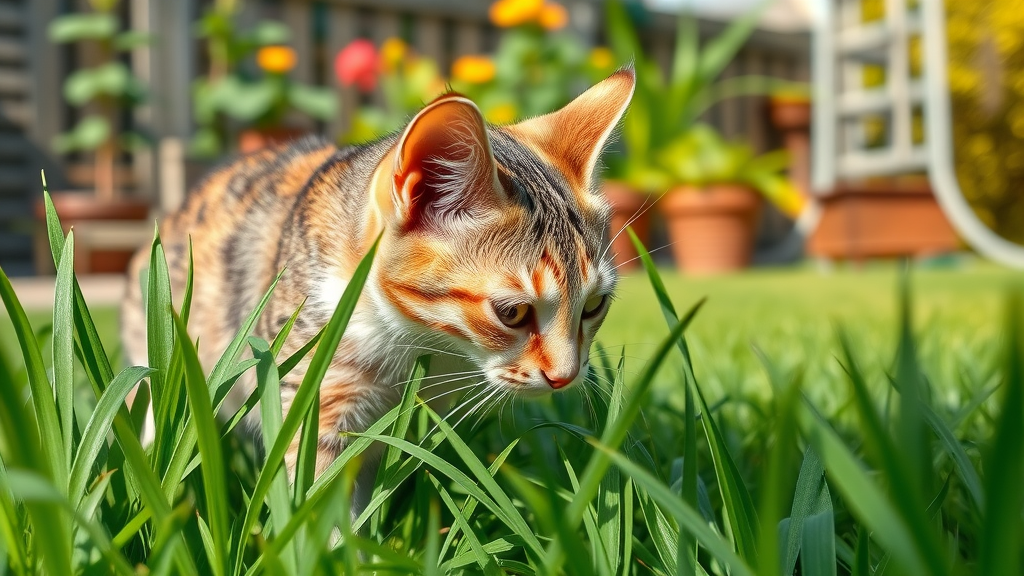
Why Do Cats Eat Grass? Unraveling the Mystery Behind Feline Behavior
For countless cat owners, the sight of a cat eating grass can be both amusing and confusing. Is your pet hungry, bored, or trying to tell you something about their health? The main keyword question, why do cats eat grass? , has intrigued veterinarians, scientists, and curious pet parents for decades. Contrary to what some may think, grass eating isn’t just a quirky or destructive cat behavior ; it serves deeper, often instinctual functions rooted in both wild and domesticated feline habits.
Studies in veterinary medicine, along with observations from both cat owners and animal behaviorists, suggest that the reason cats eat grass ranges from aiding their digestive system to helping them cope with upset stomach. Some felines eat grass as a way to manage hairballs or even to provide missing nutrients like folic acid. Yet, not every episode of eating grass indicates a health issue—sometimes, it’s just curiosity or sensory enjoyment, a bit like their canine friends in the category of dogs and cats.
Whether it’s nibbling wild lawn grass outdoors or snacking on oat grass grown indoors, cats seem drawn to greens despite being obligate carnivores. Let’s dig into the most compelling scientific insights and real-life experiences that explain this mysterious (and perfectly normal) aspect of feline life.
If you're interested in a deeper dive into the science and hidden motivations behind this quirky habit, you might enjoy exploring a comprehensive look at why cats eat grass and what it reveals about their instincts . This resource unpacks additional theories and expert perspectives that can further illuminate your cat’s behavior.
Key Takeaways: What You’ll Learn About Why Cats Eat Grass
Top scientific reasons cats eat grass
Differences between cats eating grass and dogs and cats eating other greens
Theories about cats eating grass and upset stomach relief
Is grass a natural laxative for your cat?
Should you let your cat eat grass?
Exploring Why Cats Eat Grass: Instinct or Nutrition?
Cat Eat Grass: The Domesticated Feline’s Link to Wild Ancestors
The urge for cats to eat grass may come from their wild ancestors. In nature, wild cats would often ingest plant material indirectly by consuming their prey’s stomach contents. This behavior likely served a function, such as helping to purge indigestible materials or expel intestinal parasites. Today’s domesticated cat eating grass could simply be mirroring these ancient survival instincts, even if they're well-fed and living comfortably indoors.
Additionally, the link between a modern cat eating grass and their wild cousins shows up in common behaviors shared across the feline family. Observations from animal researchers reveal that most house cats, regardless of breed, will occasionally chew on grass -like plants, especially if allowed access to backyards or window sills with greenery. This inherited trait continues to serve practical purposes, from helping move hair through their digestive tract to simply offering sensory enrichment in an otherwise indoor environment.
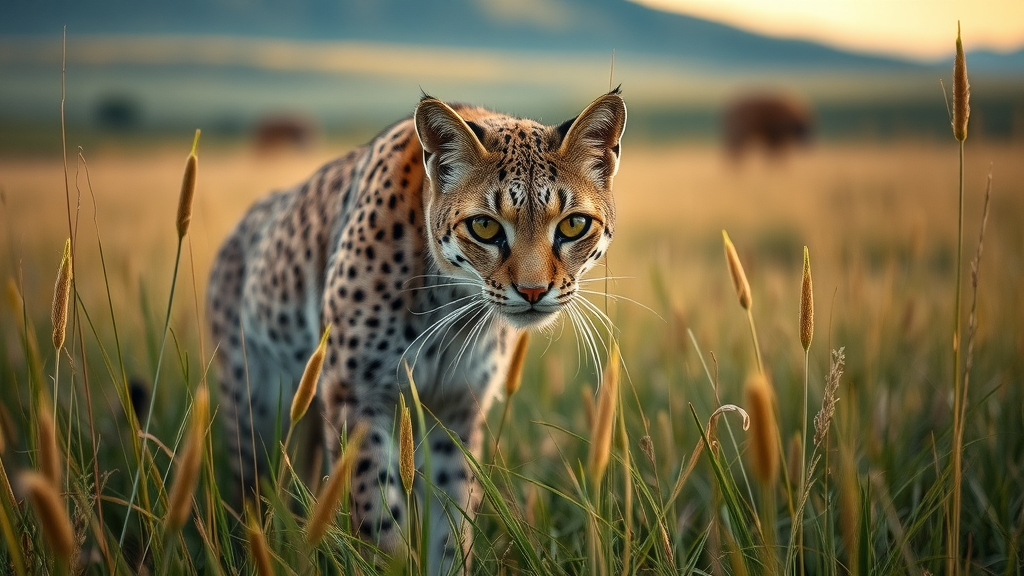
Is Eating Grass a Nutritional Need for Cats?
While most cats don’t require plant material to survive, eating grass may fulfill certain nutritional gaps now and then. For instance, grass contains folic acid , an essential vitamin that helps produce hemoglobin—the protein in red blood cells that carries oxygen. Kittens, in particular, may instinctively turn to grass when they need a nutritional boost that’s missing from their main diet.
Besides vitamins, cat eating grass is sometimes seen as a way to self-medicate. Some veterinarians believe that when cats aren't feeling well or have an upset stomach , they might eat grass to help them vomit or expel problematic materials from their digestive system. However, most cats eat grass occasionally, and it’s not always related to a health issue or nutrient deficiency. Sometimes, it simply satisfies their curiosity and provides a new texture and flavor to explore.
"Cats eat grass for reasons that blend instinct and modern need, not just curiosity."
Top Reasons Cats Eat Grass According to Science
Aiding Digestion and Relieving Upset Stomach: Many cats eat grass to help move fur from grooming and other indigestible material through their digestive tract. Grass can trigger vomiting, which helps expel these substances and relieve a mild upset stomach or nausea. According to veterinary medicine, swallowing grass blades can also help reduce hairballs—a common feline nuisance.
Expelling Parasites and Fur: In the wild, cat eating grass may have served as a way to naturally purge intestinal parasites. Swallowed grass can wrap around worms or other parasites and help push them out of the digestive system. This theory is further supported by scientific studies that show even healthy cats (with no obvious parasites) still seem drawn to grass-eating behaviors.
Seeking Missing Nutrients: Grass, especially young shoots of wheat or oat grass , contains essential nutrients like folic acid. If a cat’s diet is lacking in certain vitamins, they might seek them out in the form of plant material—even though cats are obligate carnivores.
Acting as a Natural Laxative: The high fiber in grass serves as a natural laxative , helping stimulate bowel movements and prevent constipation. For indoor cats or those on dry food diets, this occasional fiber boost can promote gut health.
Sensory Stimulation and Curiosity: Finally, some cats eat grass simply out of boredom or because they’re curious about the new smells and textures. This is more common among indoor cats without much environmental enrichment.
Reason |
Description |
Signs to Observe |
|---|---|---|
Aid Digestion |
Grass helps cats process fur, bones, or other indigestibles in their diet. |
Vomiting after grass eating, less hairballs. |
Expel Parasites |
Eating grass may help them purge intestinal parasites naturally. |
Frequent grass eating accompanied by stool changes. |
Nutritional Deficiency |
Grass contains folic acid, which may supplement a cat’s needs. |
Regular grass consumption, lackluster coat. |
Natural Laxative |
Grass fiber can help stimulate bowel movements. |
Less constipation, more regular stool. |
Is Eating Grass Safe? Should You Let a Cat Eat Grass?
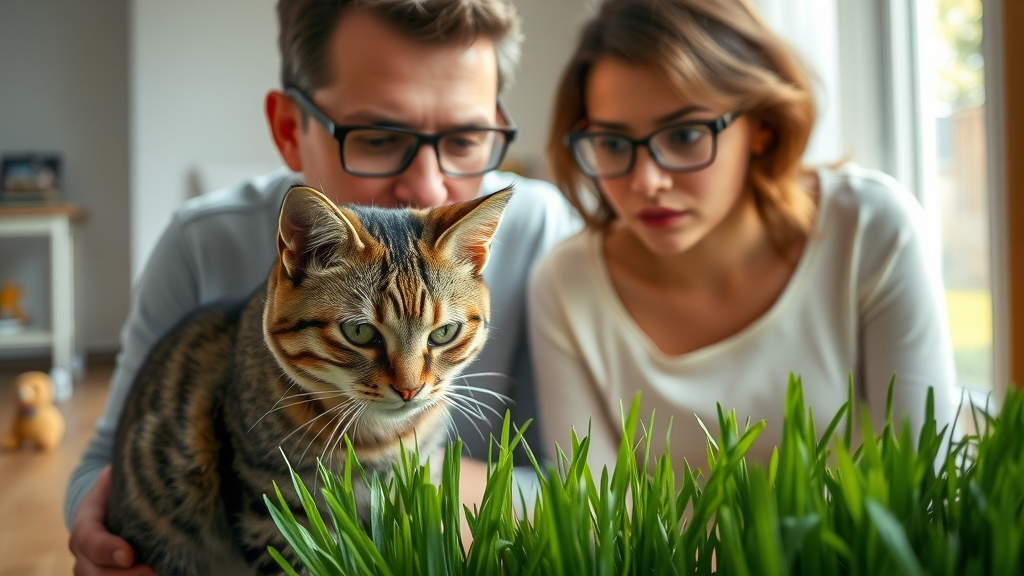
Chew on Grass: Dangers and Health Benefits for Cats and Dogs and Cats
For most cats, chewing on grass is safe and provides some health advantages, like supporting the digestive tract and preventing hairballs. Both cats eat grass and some dogs do as well, and the reasons overlap—mainly to help digestion or simply to satisfy boredom. But there are differences: while dogs and cats may both enjoy the taste or sensation, cats are a bit more particular in their selection, often preferring tender shoots or oat grass to tougher varieties.
The key health benefit for cats lies in the fiber content and its effect as a natural laxative , helping move stubborn hairballs or undigested food. Still, always supervise your cat eating grass , as ingesting large amounts can cause repeated vomiting or, if the grass is treated with chemicals, lead to more serious health issues.
Common Risks: Chemicals, Toxins, and Pesticides
Not all grass is created equal. Outdoor lawns may contain fertilizers, pesticides, or herbicides, which are toxic for cats. Unlike their wild ancestors, modern house cats often lack the instincts to distinguish safe from harmful greens. It’s crucial for cat owners to ensure their pets only eat grass free from chemical treatments or naturally toxic plants, such as lilies, which are particularly dangerous.
Even with safe grass, eating large amounts can cause stomach upset or blockages in rare cases. If your cat eating grass leads to frequent vomiting, diarrhea, loss of appetite, or other health issues, it’s time for a check-in with your veterinarian to rule out any underlying health problems or poisoning.
Safe Alternatives for Cats to Eat
If you want to satisfy your cat’s craving for greens and keep them healthy, consider growing wheat or oat grass in a small pot indoors. Oat grass is especially popular with indoor cats and is free of pest-control chemicals. Make sure you use organic grass seeds and soil. Avoid exposing cats to houseplants that may be toxic, and keep grass within reach for your feline to nibble on as needed. These safe alternatives provide essential fiber and nutrients–helping your cat eating behavior stay both safe and beneficial.
What to Do If Your Cat Eats Grass Frequently
Monitor for signs of gastrointestinal distress
Consult your vet if vomiting is chronic
Provide safe, untreated cat grass indoors
Avoid using chemicals or pesticides on lawns
Observe for symptoms pointing to underlying illness
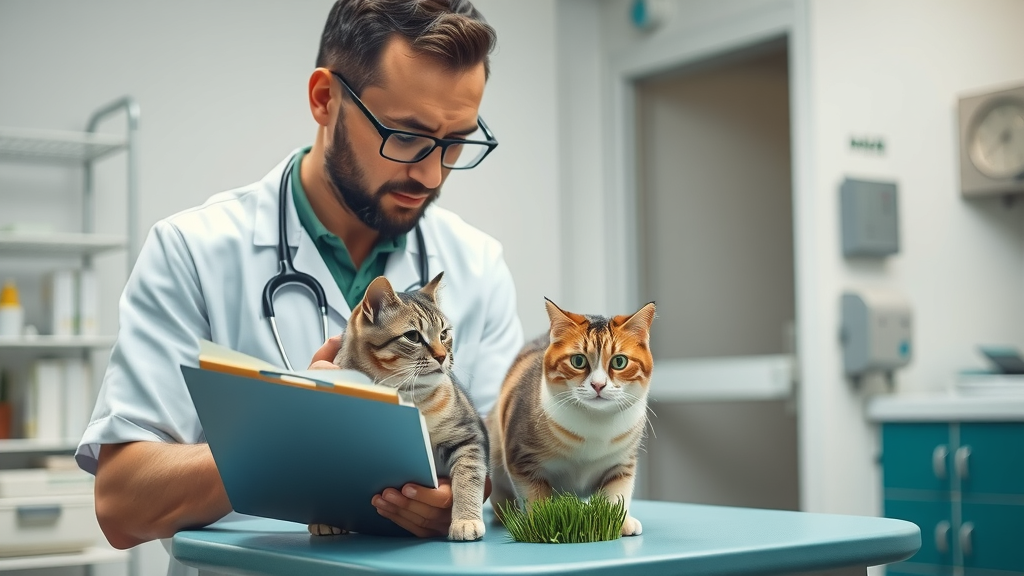
Cats Eat Grass vs. Dogs and Cats: Comparing Herbivorous Behaviors
Why Do Some Dogs and Cats Eat Grass Together?
It might surprise you, but sometimes you’ll spot dogs and cats enjoying a graze side by side! While the reasons for eating grass in both species are similar—helping digestion, expelling indigestible material, or sheer curiosity—there are subtle differences. Cats tend to prefer specific types of grass, like oat grass , while dogs are a bit less picky and may consume grass more frequently, particularly when they’re bored or seeking something to do in the yard.
For both cats eat grass and dogs, safety comes first. Don’t let your pets consume ornamental or treated grasses. Keeping their grass supply clean and non-toxic not only encourages their natural behaviors but ensures your pets stay healthy and happy.

Behavior |
Cats |
Dogs |
|---|---|---|
Purpose of Grass Eating |
Digestive aid, expel fur/parasites, curiosity |
Digestive aid, boredom, taste preference |
Frequency |
Occasional, more seasonal |
Varied, some regularly |
Associated Health Risk |
Pesticides, vomiting |
Similar—add risk of choking |
Check out our short animation that explains the science behind cat eating grass , complete with fun garden scenes and simple diagrams of a cat’s digestive tract in action!
People Also Ask
Should you let a cat eat grass?
Generally, letting a cat eat grass is safe if the grass is free from pesticides or toxic substances.
Many veterinarians see occasional grass consumption as normal feline behavior, not a health concern, unless paired with other symptoms.
What does it mean when a cat eats grass?
It often means your cat is following a natural instinct.
Grass eating can be linked to digestion, parasite control, or fulfilling a nutritional requirement.
Do cats only eat grass when they are sick?
No, most cats eat grass even when healthy—it’s not just a response to illness.
Frequent or compulsive grass eating with vomiting may warrant a veterinary checkup.
Why do cats throw up when they eat grass?
Grass irritates the stomach lining, triggering vomiting as a way to expel indigestible material or hair.
Occasional vomiting after eating grass is usually harmless; consult your vet if it becomes a frequent occurrence.
Frequently Asked Questions About Cats Eat Grass and Dietary Behavior
Is it okay for kittens to chew on grass? Yes, but monitor them closely and provide only safe grasses free from toxins or pesticides. Kittens have delicate digestive systems, so moderation is key.
How can I grow safe grass for my indoor cat? Use organic grass seeds—oat, barley, or wheat—and plant them in clean soil. Place the pot in a sunny spot, water regularly, and let your cat nibble once growth is established.
Are there benefits for cat eating grass for hairball control? Absolutely, the fiber in grass helps move hairballs through the digestive tract, which can reduce vomiting and discomfort for your feline friend.
Can eating grass indicate a nutritional deficiency? Sometimes. If your cat eats grass excessively, it could be searching for vitamins like folic acid. Talk to your vet if you notice ongoing grass cravings and signs of poor coat health.
What types of grass are safe for cats to eat? Oat, wheat, barley, and rye grasses are all cat-safe if grown organically. Avoid ornamental or treated grasses and always check that your home plants are non-toxic to pets.
Watch our educational video on how grass serves as a natural laxative for your feline, helping to keep their digestive tract running smoothly. This simple home remedy could save your cat from uncomfortable hairball episodes!
Expert Insights and Real Pet Owner Quotes on Cats Eat Grass
"My cat always heads straight for the garden after breakfast. Now I know it could be helping her with digestion, not just a quirky habit!"—Lisa T., cat owner
"If you catch your cat eating grass, don’t panic—it’s a normal behavior. Just be sure the grass is safe for them."—Dr. Marianne Simmons, DVM
Best Practices: Encouraging Healthy Cat Eating Grass Habits
Grow cat-safe grass indoors: oat, barley, or wheat grass are popular.
Supervise outdoor access to avoid toxic plants or chemicals.
Provide water to avoid dehydration after vomiting.
Consult your veterinarian if grass-eating is frequent or concerning.
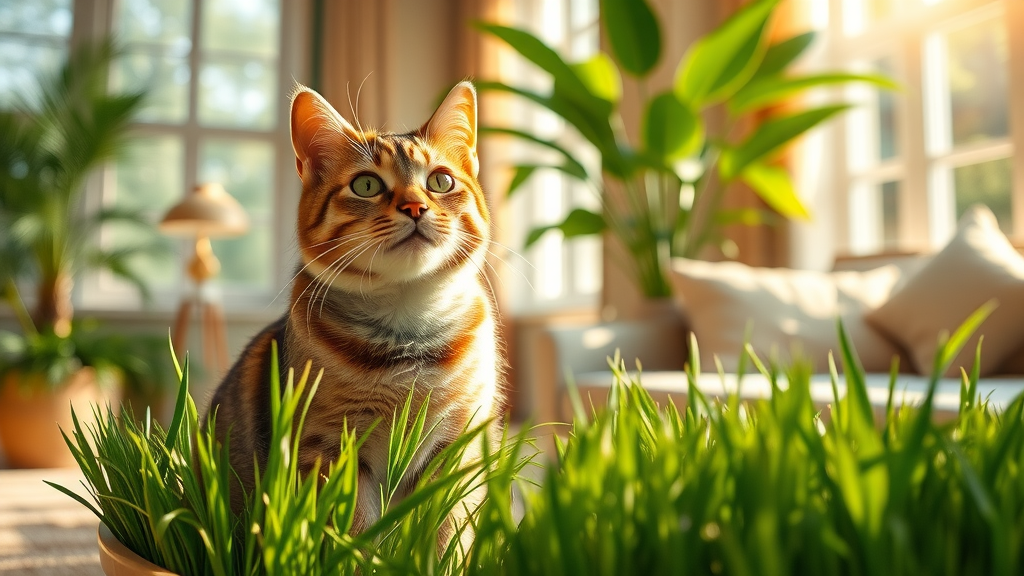
Summary of Why Do Cats Eat Grass? Key Scientific Takeaways
Most cats eat grass out of instinct and for digestive health.
Occasional vomiting is usually not a cause of concern.
Grass can serve as a natural laxative and help expel hair or parasites.
Safety is paramount: ensure cats only eat untreated, nontoxic grass.
Curious to expand your understanding of feline habits and the science behind their quirky behaviors? Delve further into the fascinating world of cat instincts and wellness by exploring more in-depth resources like this expert guide on the hidden truths of why cats eat grass . Whether you’re a seasoned cat parent or just starting your journey, gaining a broader perspective can help you nurture a happier, healthier companion. Unlock advanced tips, discover new research, and empower yourself with knowledge that goes beyond the basics—your cat will thank you for it!
Ready for More Feline Wisdom? Subscribe to the PawPress Newsletter
Stay updated on the latest pet care science
Enjoy real pet stories and expert advice
Receive monthly tips for happy, healthy pets
Subscribe now—because your pets deserve the best!
Want more tips, stories, and pet care guides delivered straight to your inbox? Join our monthly PawPress newsletter and stay in the loop with the latest for your furry friends. 🐾 Subscribe now — your pets will thank you!
Cats eating grass is a behavior that has intrigued pet owners and scientists alike. While the exact reasons remain a topic of study, several theories offer insights into this common feline habit.
Digestive Aid and Hairball Management
One prevalent theory is that grass consumption helps cats manage their digestive systems. Grass acts as a natural laxative, aiding in the expulsion of hairballs and other indigestible materials. The fiber in grass can facilitate bowel movements, reducing constipation and promoting overall gut health. ( petmd.com )
Nutritional Supplementation
Another perspective suggests that cats may eat grass to supplement their diet with essential nutrients. Grass contains folic acid, a vitamin crucial for the production of hemoglobin and proper oxygen transport in the blood. This behavior might be an instinctual response to a nutritional deficiency. ( hillspet.com )
Parasite Expulsion
Some researchers propose that grass-eating is an evolutionary behavior aimed at expelling intestinal parasites. By increasing muscle activity in the digestive tract, grass consumption may help eliminate parasites, a trait observed in wild felines and other animals. ( science.org )
Sensory Stimulation and Enjoyment
Beyond physiological benefits, cats might simply enjoy the texture and taste of grass. Chewing on grass can provide sensory enrichment, especially for indoor cats, and may serve as a form of stress relief or boredom alleviation. ( merrimacvalley.com )
Safety Considerations
While grass-eating is generally safe, it’s essential to ensure that the grass is free from pesticides, herbicides, or other chemicals that could harm your cat. Additionally, some houseplants are toxic to cats, so providing safe alternatives like cat grass can be beneficial. ( bluecross.org.uk )
In summary, cats may eat grass for various reasons, including aiding digestion, supplementing nutrients, expelling parasites, or simply for enjoyment. Observing your cat’s behavior and ensuring they have access to safe, untreated grass can help them satisfy this natural instinct without adverse effects.
 Add Row
Add Row  Add
Add 



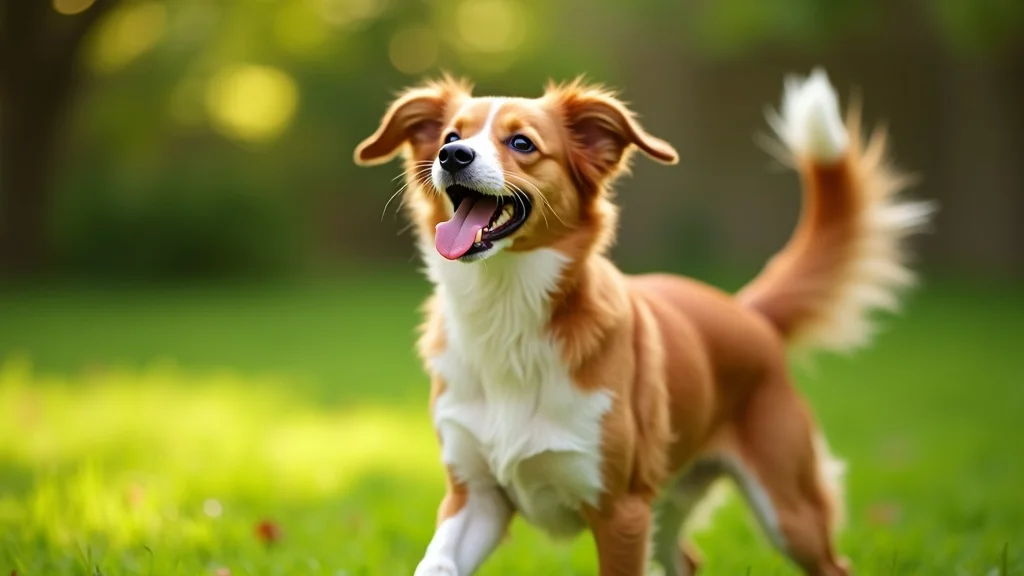
Write A Comment